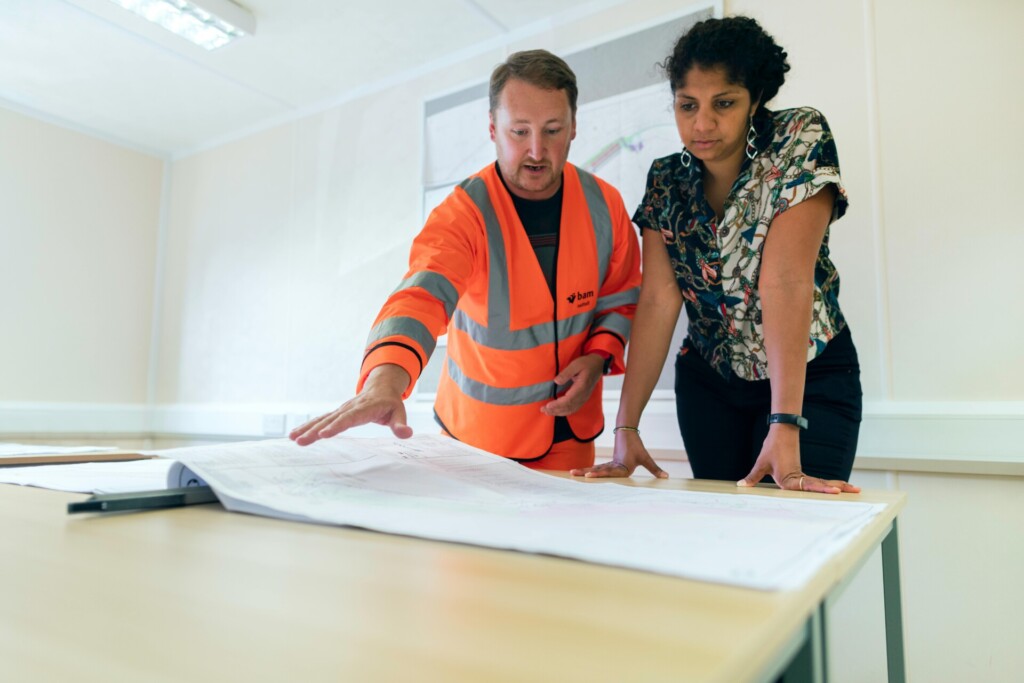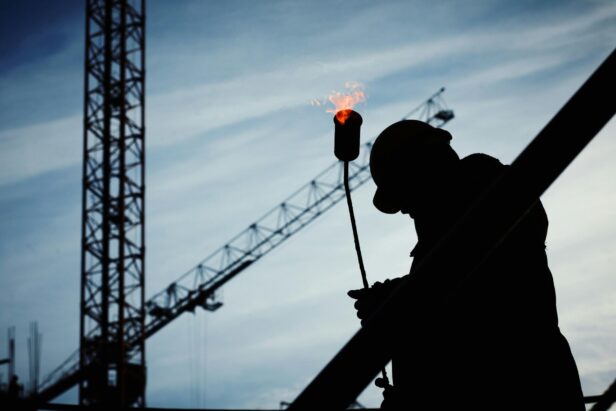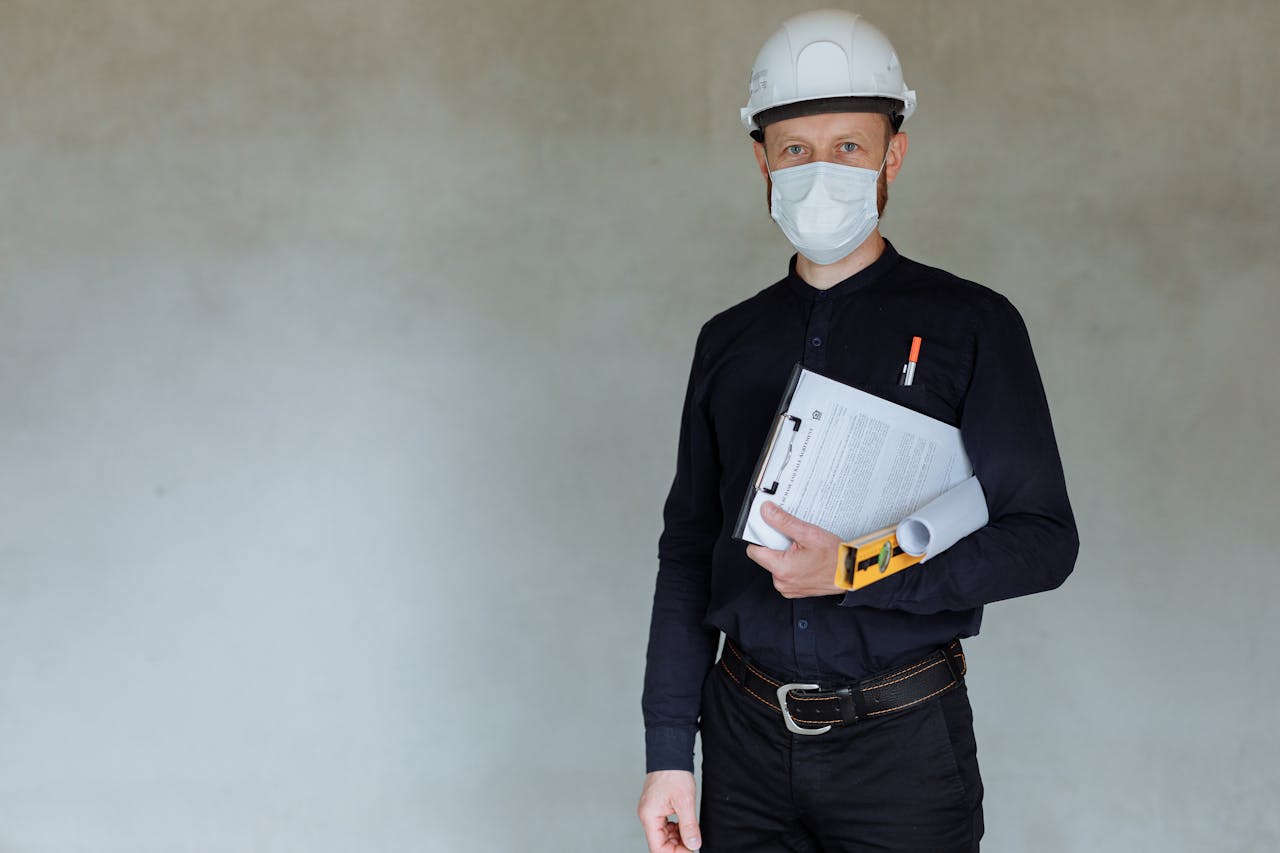Texas takes a unique approach to regulating general contractors. Unlike many states, there is no statewide license requirement for general contracting work. Instead, oversight primarily occurs at the local level, with cities and municipalities setting their own rules.
Only certain specialized trades require state-level licensing in Texas. Plumbers, electricians, and HVAC technicians must obtain licenses from the state boards to work legally anywhere in Texas. For general contractors like us at EB3 Construction, however, the licensing landscape is more fragmented.
Each city enforces its contractor requirements. For example, Houston doesn’t require contractors to register with the city but mandates permits for individual projects. San Antonio, on the other hand, requires contractors to register through the city’s Development Services Department before they can pull permits or start work.
This patchwork of local regulations poses challenges for contractors working across multiple Texas cities. The requirements in Dallas may differ completely from those in Austin or El Paso. Contractors must carefully research and comply with the specific rules in each location where they plan to work.
The absence of statewide oversight doesn’t mean it’s unrestricted. Cities still have mechanisms to ensure quality and protect consumers. Many require proof of insurance, bonding, or even skills testing before issuing permits. It is crucial for contractors to understand that the rules can vary significantly from one Texas city to another.
How Do You Verify a Specialty Contractor’s State License in Texas?

While general contractors don’t need state licenses in Texas, specialty contractors such as electricians, plumbers, and HVAC technicians must be licensed by state agencies. Verifying these licenses is straightforward and can be done online. Here’s how you can check a specialty contractor’s credentials:
For Electricians and HVAC Contractors
We use the Texas Department of Licensing and Regulation (TDLR) Active License Data Search portal to verify electrician and HVAC contractor licenses. This comprehensive database allows searches by:
- Contractor name
- License number
- License type
- City or county
To access the TDLR search tool, visit https://www.tdlr.texas.gov/LicenseSearch/. We find this resource invaluable for quickly confirming an electrical or HVAC contractor’s licensing status.
For Plumbing Contractors
To verify a plumber’s license, use the Texas State Board of Plumbing Examiners (TSBPE) Find a License portal. This platform allows searches based on:
- Plumber’s name
- License number
- Company name
- City or county
Access the TSBPE license lookup tool via https://vo.licensing.hpc.texas.gov/datamart/selSearchType.do. We’ve found this method reliable for confirming a plumbing contractor’s credentials.
Verification Best Practices
When using online portals to verify a specialty contractor’s license, we recommend:
- Double-checking the spelling of the contractor’s name
- Ensuring the license type matches the work to be performed
- Verifying that the license is current and not expired
- Checking for any disciplinary actions or restrictions on the license
By following these steps, we ensure that the specialty contractors we work with are properly licensed and in good standing with state regulatory agencies. This due diligence helps protect our projects and clients from potential issues down the line.
| Specialty Contractor Type | License Verification Portal | Search Parameters |
|---|---|---|
| Electricians and HVAC Contractors | TDLR Active License Data Search | Contractor name, License number, License type, City or county |
| Plumbing Contractors | TSBPE Find a License Portal | Plumber’s name, License number, Company name, City or county |
Remember, while these online tools are convenient, they should be used alongside other vetting practices like checking references and reviewing past work. For the most up-to-date and accurate information, we recommend directly contacting the TDLR or TSBPE if you have any questions or concerns about a contractor’s licensing status.
How Do You Check a General Contractor’s Local Registration in Texas Cities?

Since general contractors are regulated locally in Texas, verification methods vary by city. Here’s how to check registration in some major Texas cities:
Austin
In Austin, contractors must register with the Development Services Department. You can verify a contractor’s registration status by contacting the department directly at (512) 978-4000 or searching their online contractor database.
San Antonio
San Antonio requires contractors to register with their Development Services Department and complete a background check through the police department. To verify registration, call Development Services at (210) 207-1111 or use their online contractor lookup tool.
Dallas
Dallas contractors must register through the Building Inspection Department‘s Contractor Portal. You can check a contractor’s status by calling (214) 948-4480 or searching the city’s online contractor registration database.
Houston
While Houston doesn’t require general contractor licensing, permits are needed for specific projects. You can verify permits and contractor information through the Houston Permitting Center at (832) 394-9494 or their online permit search system.
For any Texas city, the most reliable method to verify a contractor’s registration and compliance is to contact your local building department directly. They can provide the most up-to-date information on a contractor’s status and any local requirements they must meet.
| City | Registration Requirements | Verification Method | Contact Information |
|---|---|---|---|
| Austin | Register with the Development Services Department | Contact Department or use online database | (512) 978-4000 |
| San Antonio | Register with Development Services Department and complete a background check | Call Development Services or use online lookup tool | (210) 207-1111 |
| Dallas | Register through the Building Inspection Department’s Contractor Portal | Call or use city’s online registration database | (214) 948-4480 |
| Houston | No registration required for general contractors but permits required for projects | Verify permits through Houston Permitting Center | (832) 394-9494 |
What Should You Verify Beyond a Contractor’s License or Registration?
While verifying a contractor’s license or registration is a crucial first step, it’s only the beginning of a thorough vetting process. We at EB3 Construction recommend several additional checks to ensure you’re hiring a reputable and qualified professional:
Insurance and Bonding Coverage
Proper insurance and bonding are essential safeguards that protect both you and the contractor. We always advise clients to:
- Request certificates of insurance for general liability and workers’ compensation
- Contact the insurance provider directly to verify coverage details and ensure policies are up to date
- Confirm the contractor holds any required surety bonds, which provide financial protection if the job isn’t completed or doesn’t meet code
Remember, inadequate insurance could leave you liable for accidents or property damage during the project.
References and Past Work
A contractor’s track record speaks volumes about their reliability and quality of work. We suggest:
- Requesting and contacting multiple references from recent, similar projects
- Asking detailed questions about the contractor’s communication, timeliness, and problem-solving abilities
- Viewing examples of completed work, either in person or through detailed photos
Comprehensive Written Contract
A thorough contract is your roadmap for the project and a vital legal protection. Ensure your contract includes:
- Detailed scope of work and materials to be used
- Clear timeline with start and estimated completion dates
- Itemized costs and payment schedule
- Process for handling changes or disputes
- Permit responsibilities and warranty information
Red Flags to Watch For
Be cautious of contractors who exhibit these warning signs:
- Unsolicited offers or high-pressure sales tactics
- Unusually low bids that seem too good to be true
- Demands for large upfront payments or cash-only deals
- Reluctance to provide license information or references
- Lack of a physical business address or professional online presence
By thoroughly vetting contractors beyond just their license, we help ensure smooth, successful projects for our clients. Taking the time for due diligence upfront can save significant headaches and costs down the road.
| Specialty | Authority | Verification Information | Online Portal |
|---|---|---|---|
| Electricians and HVAC Contractors | Texas Department of Licensing and Regulation (TDLR) | Contractor name, License number, License type, City or county | TDLR License Search |
| Plumbing Contractors | Texas State Board of Plumbing Examiners (TSBPE) | Plumber’s name, License number, Company name, City or county | TSBPE License Lookup |
Conclusion: Ensuring Your Texas Contractor is Properly Credentialed

When checking a Texas general contractor’s credentials, verification is a multi-step process that varies by location and trade. Begin by determining whether your contractor requires a state license or local registration, then use the appropriate verification tools. For specialized trades like electrical, HVAC, and plumbing work, consult state licensing boards such as the Texas Department of Licensing and Regulation. For general contractors, contact your local permitting office to understand registration requirements.
Don’t stop at basic license checks. Verify insurance coverage, including general liability and workers’ compensation policies. Ask for proof of bonding if it is necessary for your project type. Follow up on references and review the contractor’s work history to assess their experience with projects similar to yours. Online reviews and ratings can provide additional insight but shouldn’t be your sole source of information.
By thoroughly vetting your contractor’s qualifications, you protect your investment and increase the likelihood of a successful project outcome. Proper credentialing ensures you’re working with professionals who understand and comply with relevant building codes, safety standards, and business practices. While the verification process may seem time-consuming, it is a crucial step in safeguarding your property and financial interests.
Reputable contractors will welcome your due diligence, understanding that transparency builds trust and sets the foundation for a positive working relationship. Don’t hesitate to ask questions or request documentation—it’s your right as a property owner to feel confident in your choice of contractor.
Taking these verification steps demonstrates your commitment to quality and compliance in your construction project. By choosing a properly credentialed contractor, you’re not just protecting yourself—you’re supporting professionals who uphold the standards of their trade and contribute to the overall integrity of the Texas construction industry.
For more information on contractor licensing and consumer protection in Texas, visit the Texas Department of Licensing and Regulation website.
Ready to start your project with a contractor who understands Texas regulations inside and out? Contact EB3 Construction today. We’ll handle the details so you can build with confidence.




